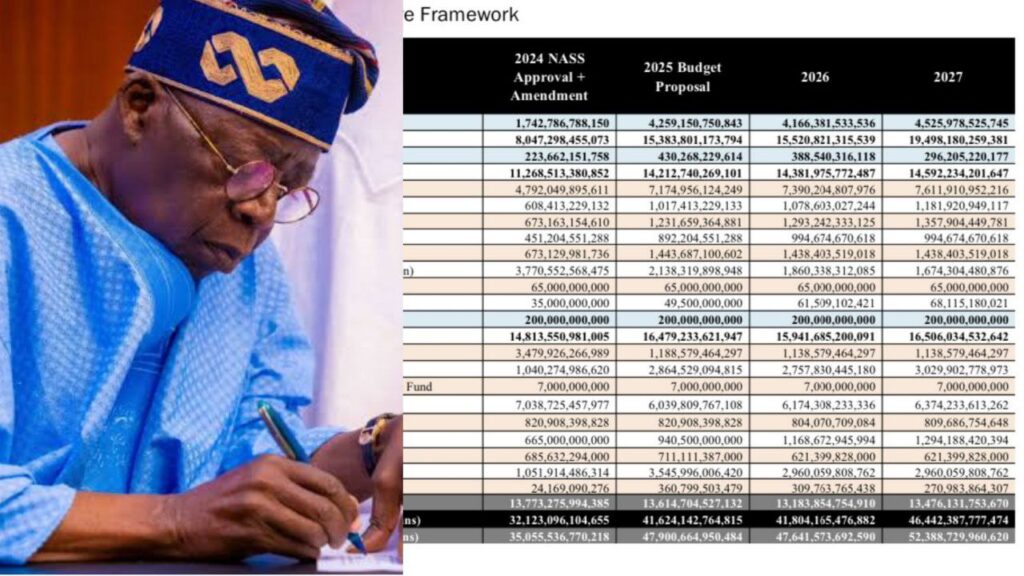
The Nigerian government, led by President Bola Tinubu, has unveiled plans to allocate a staggering N50.2 trillion for debt servicing between 2025 and 2027. This proposal comes as part of the administration’s broader fiscal strategy to manage the country’s rising debt burden. Analysts have raised concerns over the sustainability of such expenditures, especially in light of Nigeria’s dwindling revenue base.
The figure highlights the pressing challenge of managing Nigeria’s growing debt obligations. In 2023, debt servicing accounted for a significant portion of government spending, sparking debates about the country’s fiscal health. The Tinubu administration has expressed its commitment to implementing reforms aimed at increasing revenue and reducing dependency on borrowing.
Critics argue that without structural changes, allocating such a massive amount to debt servicing could crowd out funding for essential sectors like education and healthcare. The government, however, remains optimistic, citing ongoing measures to boost economic growth and stabilize the economy.




